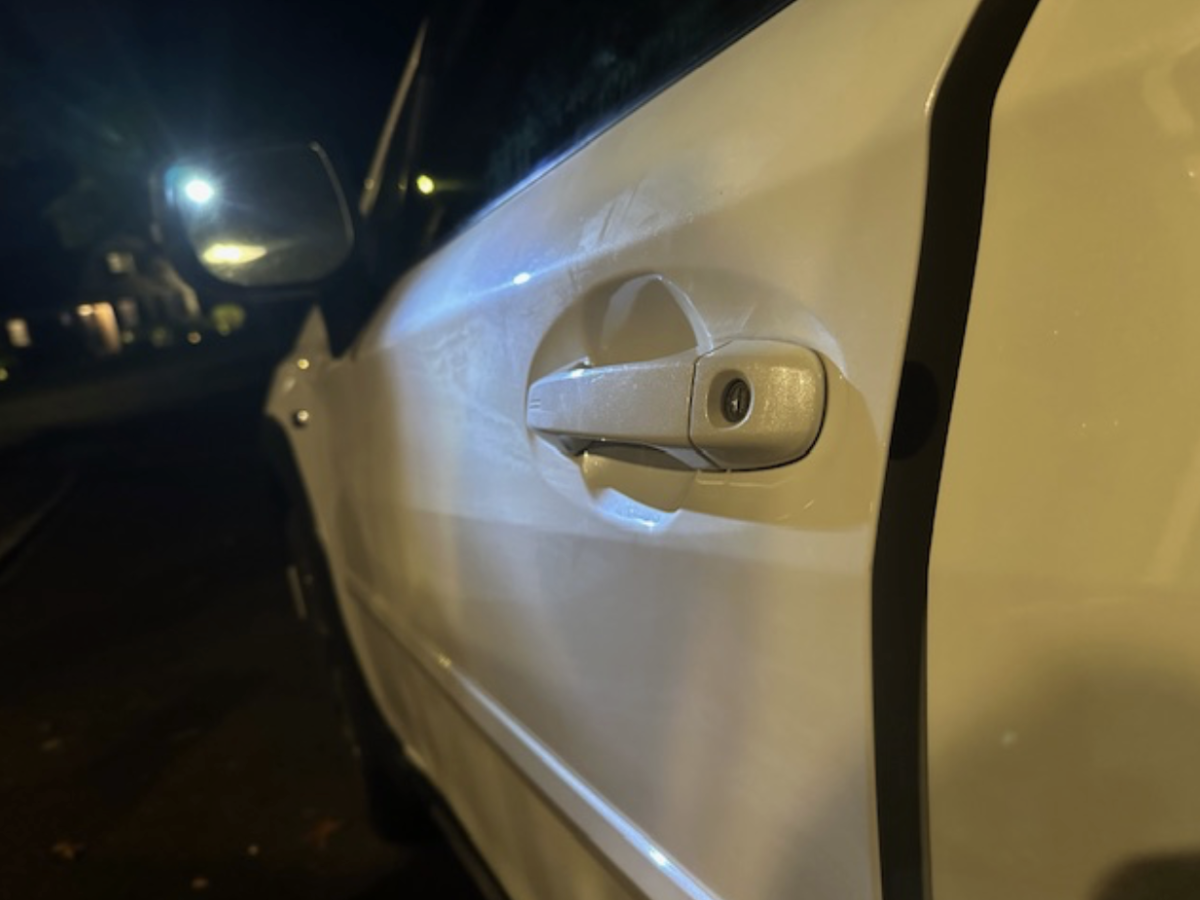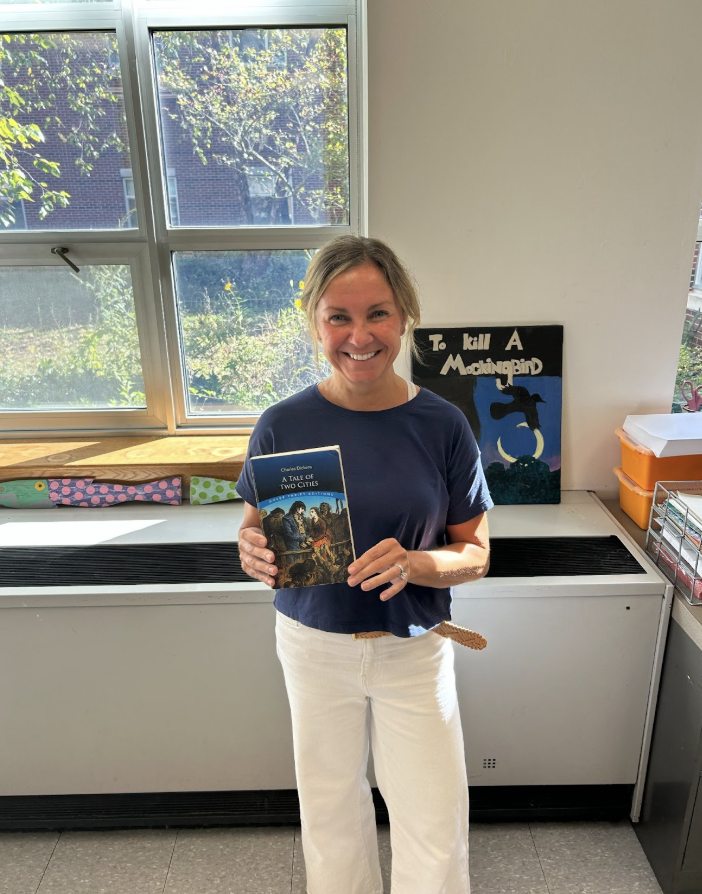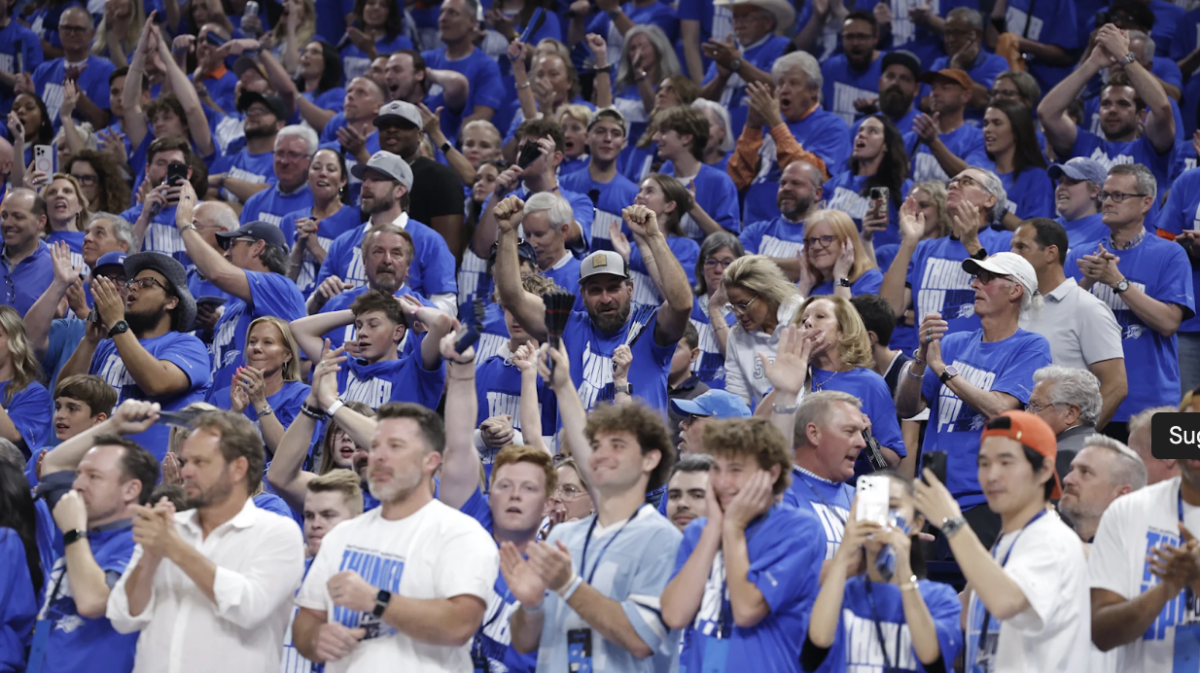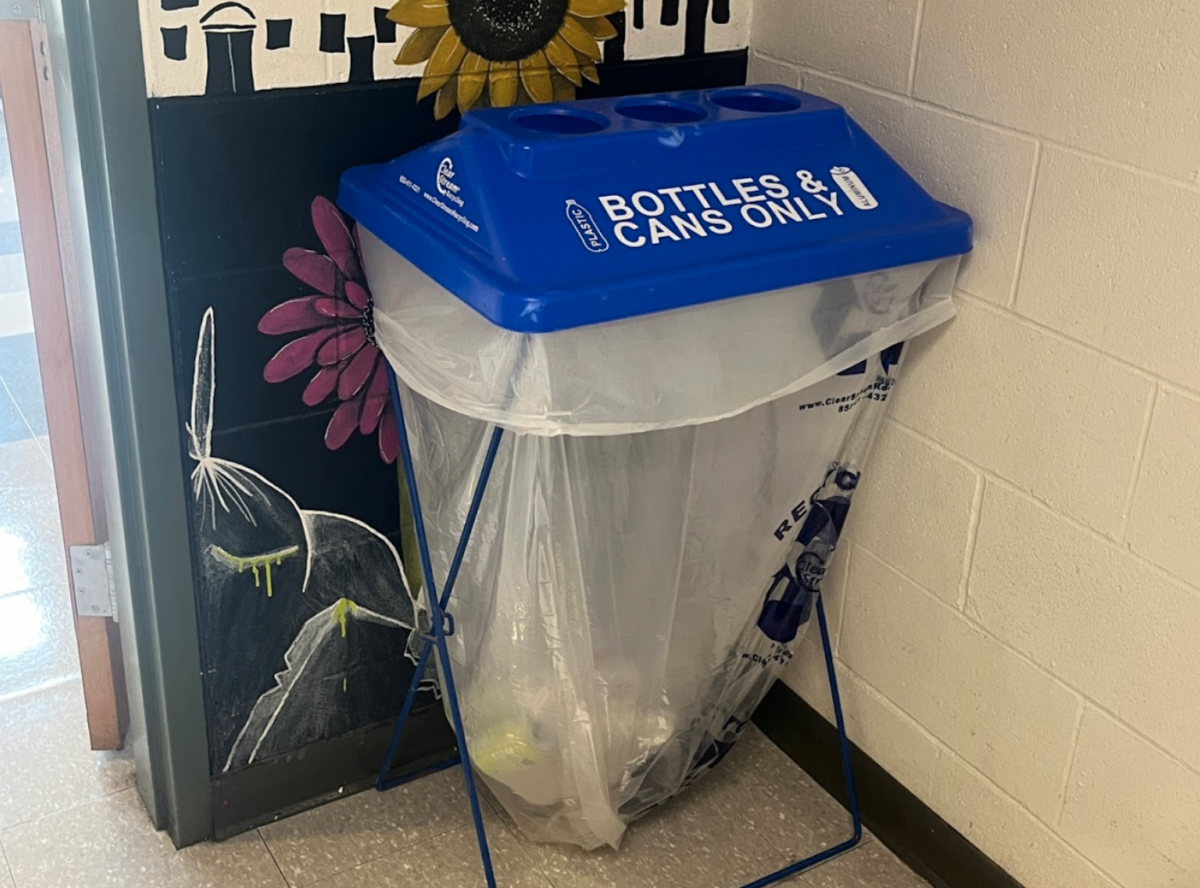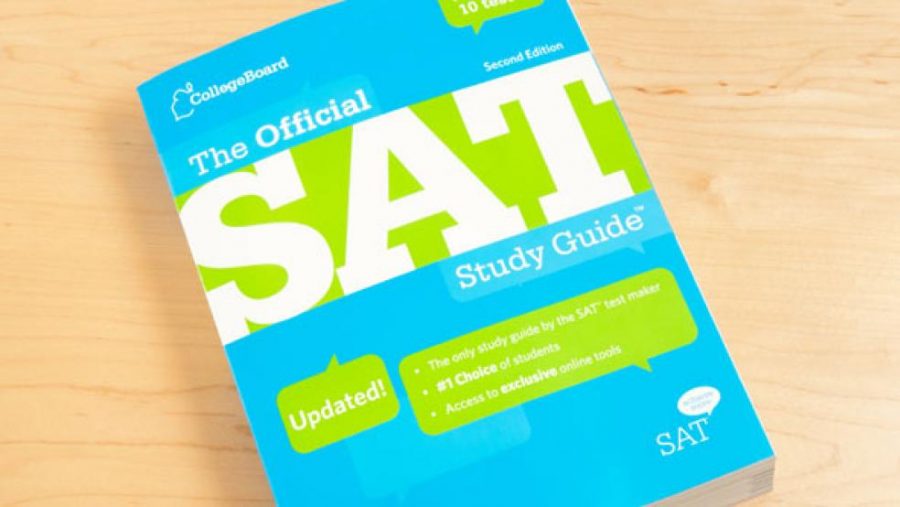The Frustration of SATs Continue: Another Testing Day at HHS
October 2, 2016
SAT Exams were held this past Saturday at Hingham High School as one of the last dates seniors may take the test before submitting their scores to colleges. Seniors at HHS are beginning to wrap up their standardized testing, and it is safe to say that most are very relieved. Standardized testing causes so much stress and frustration amongst high schoolers that many students, educators, and parents have been questioning its validity.
The SATs are hard; I say this having taken the full exam twice, the PSATs twice, and several other practice tests. 65 minutes for 5 passages and 52 comprehension questions, 10 minute break, 35 minutes for 44 grammar questions, 25 minutes for 20 math questions with no calculator, 5 minute break, 55 minutes for 38 math questions with a calculator, and 50 minutes for a now optional essay. Suffice it to say, there’s a lot of testing squished within 245 minutes! Many find themselves nervous and crunched for time to perform their best within those limitations. Senior Jill Williamson notes she was so stressed during her test on Saturday that she accidentally inhaled eraser shavings.
It is definitely arguable that the SAT does not allow students to present themselves and their academic prowess to the best of their abilities. Instead of assessing a student’s strengths and weaknesses by their grades, projects, effort, or teachers’ evaluations, student’s abilities are labeled as a number. Many students become frustrated if they do not test well under timed circumstances and receive scores that do not reflect their true academic strength and creativity. Turning students’ academics into numbers can breed unhealthy attitudes towards self and bitter resentment of others. “Standardized testing has turned school into a competition for who can perform the best; comparing students with different intellectual abilities leads to lower self esteem,” says Senior Italia DeCola.
Some even take a stance on the SATs becomes a measure of wealth. Very little SAT practice is taught in school, so many students find themselves floundering without help from their teachers to guide them. Some students can afford expensive tutors and classes to help provide SAT prep, putting many of these fortunate students at greater chances of success perhaps than a student that could only afford an SAT Practice Book, or a student that does not have the time to even prepare for such a test due to unfortunate situations at home. Senior Francesca Corrado wrote a speech for her English class last year, arguing that “the SAT is biased towards ‘book smart’ students, along with the wealthy.”
So what do we do? Many colleges-even high-ranking ones such as Bowdoin, Wesleyan, and Wake Forest-are beginning to distance themselves from the SAT system, giving students the option of sending their scores or not. Students are also taking other standardized tests, such as the ACTs, to give themselves more variety and figure out which test can better showcase their abilities. The SATs remain an integral part of today’s educational system, but soon there may hopefully be an alternative to the possibly inaccurate measure of academic ability.


